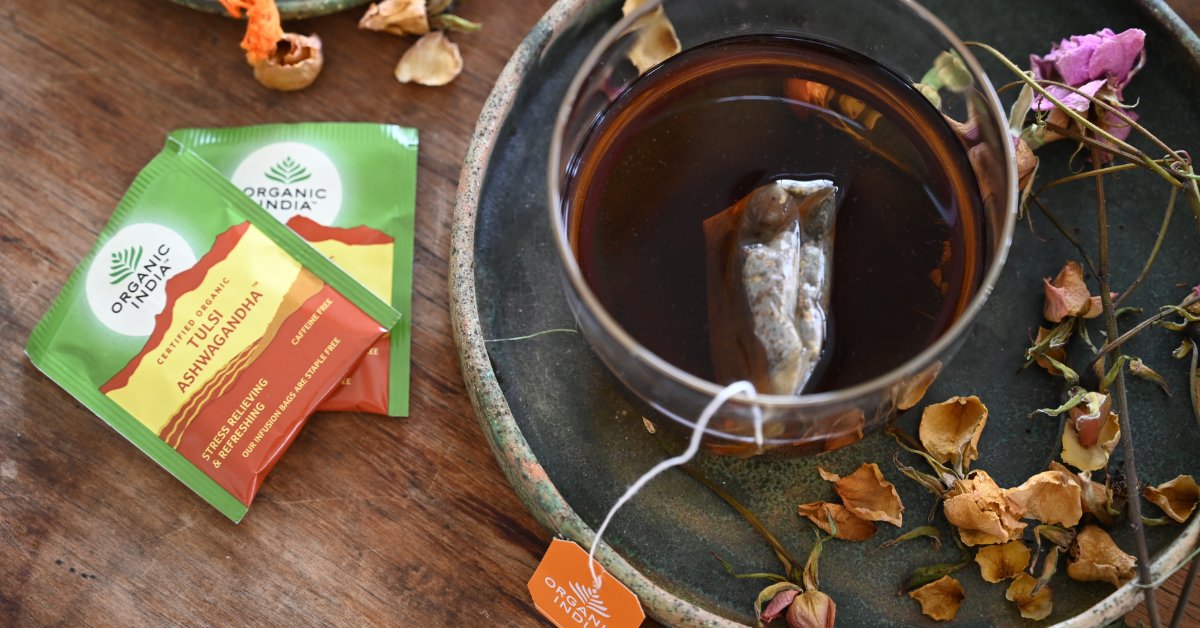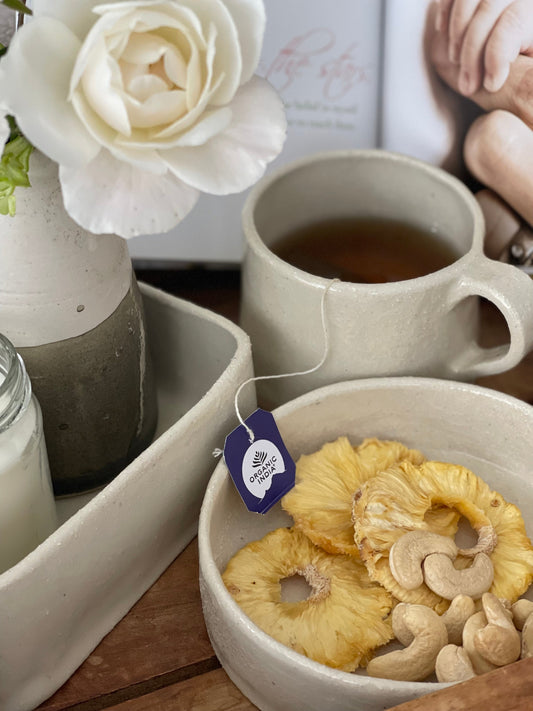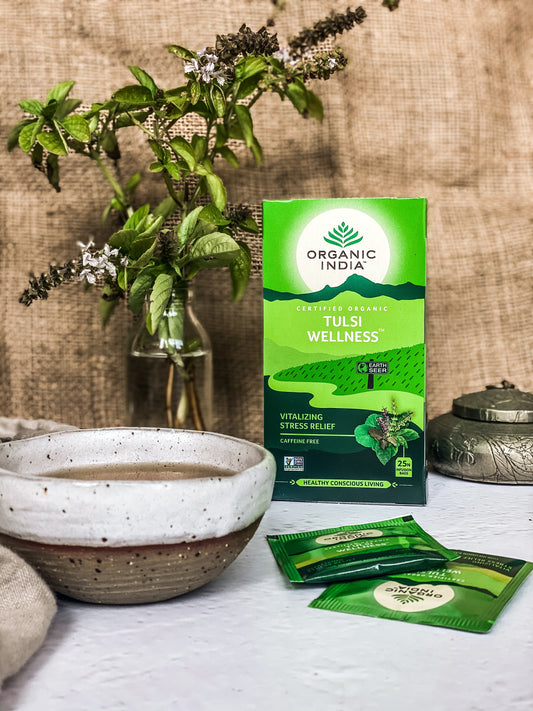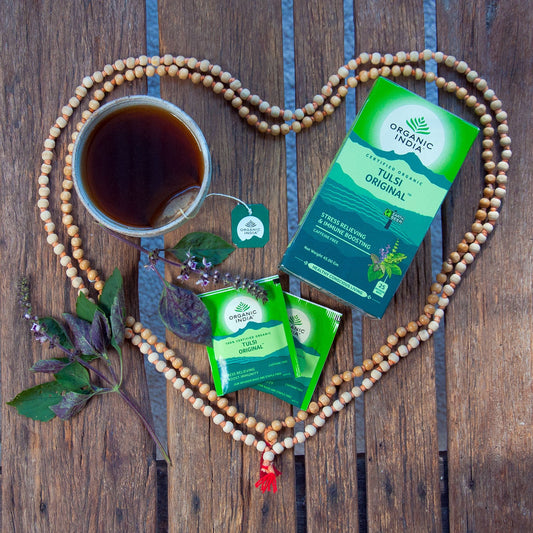It’s unfortunate that stress has become a byword for fast-paced living in the 21st century. Whether the triggers are at home, work, school or all three, that six-letter word can take an enormous toll on your emotions, mental state, physical health and lifestyle.
Here are some statistics from the past few years:
- 72% of Australian’s said that stress in their lives affected their physical health (Way Ahead)
- 64% said stress affected their mental health (Way Ahead)
- 1 in 4 kids worries about the future all the time and 1 in 4 worries about their family all the time (Mindmatters)
- Almost 40% of 16-year-olds feel worried most or all the time (Mindmatters)
- 1 in 14 young Australians (6.9%) aged 4-17 experienced an anxiety disorder in 2015. This is equivalent to approximately 278,000 young people (Youth Beyond Blue)
- 70% of students rated their mental health as poor or fair (Headspace)
- 2/3 of students reported high or very high psychological distress over the past 12 months (Headspace)
- 91% believe mental health in the workplace is important (88% believe physical safety is important), yet, only 52% of employees believe their workplace is mentally healthy compared to 76% for physical safety (Headsup)
It’s not all doom and gloom when it comes to stress. Stress is a fact of our everyday lives and human nature. Stress can be good and bad; acute and chronic; physical and emotional. And how we each react to stress varies person to person, experience to experience. Awareness about stress’s causes and your reaction to those triggers can be the first step in handling stress more productively, in our increasingly stressful world.
What is stress?
When you face a stressful event, your body responds by activating the nervous system and releasing hormones such as adrenalin and cortisol.
According to Psychology Today, stress generally refers to two things:
1. The psychological perception of pressure
2. The body’s response to that pressure. This “involves multiple systems, from metabolism to muscles to memory.”
Your ancestors wouldn’t have existed without the stress response. Imagine this: you’re walking down the road and come across an angry, growling dog and your heart rate immediately increases. The fear we experience in this situation is stressful. When we’re under attack our bodies enact what is called the fight or flight response, also known as the acute stress response. This response has evolved as a survival mechanism.
Stress Triggers
The source of stress comes from either physical or emotional stressors. Above you learned about the fight for flight response triggered by an angry dog. This is a physical trigger.
Is stress a purely physical response to fear? When you’re feeling everyday stress be it with work, family or finances, are you feeling like your life is threatened? Probably not. That’s because your body can overreact to stressors that are not life-threatening, such as traffic jams, work pressure, and family difficulties. This is what modern day stress has become and at times wrecking havoc on our mind, body and spirits.
Stress Hormones
Adrenaline and cortisol are stress hormones in your body that are secreted from the adrenal glands. Though both chemicals are stress hormones, adrenaline and cortisol play different biochemical roles. Adrenaline primarily binds to receptors on the heart and heart vessels. This increases heart rate, force of muscle contraction and respiration.
The lesser-known Cortisol is the primary stress hormone in the body. According to the Mayo Clinic, Cortisol acts as a natural alarm system for the body by starting bodily responses that will help us both flight and flee. Scientists have known for years that elevated cortisol levels can interfere with learning and memory, lower immune function and bone density, increase weight gain, blood pressure, cholesterol and heart disease.
Cortisol also restricts body functions that are nonessential or even harmful in a fight-or-flight scenario, such as suppressing the digestive and reproductive systems. Additionally, Cortisol also communicates with regions of your brain that control your mood, motivation and fear. Needless to stay this hormone is very important to how we respond to stressful or fearful situations.
What are the signs of stress?
Stress can reveal itself in many guises, depending on the person, situation and severity. A common complaint is mild to severe forms of insomnia. A person may, for example, notice a change in their sleep patterns where they are either unable to fall asleep or, wake in the middle of the night with their brain in overdrive. Another typical symptom is experiencing digestion issues such as lack of appetite or stomach pain. Stress often shows itself in our relationships, with impatience and irritability leading to arguments and a change in libido.
So what can you do about stress in your life? The first key is identifying your triggers, then stepping back to understand your patterns of response to your stressors. Now, let’s dive in to learn some specifics of how to approach stress.
7 peaceful approaches to stress relief
1. Yoga
Yes, yoga can make you flexible and toned, but it also aligns the body with the mind. This ancient form of mental and physical exercise provides a welcome diversion from mental overactivity and replaces it with a sense of calm. It’s also a practice that has greater mental benefits the more frequently you do it. For example, with regular practice, you can slip into a relaxed state of mind easily and quickly as it feels less ‘foreign.’
The best poses for stress relief are ones that involve forward bends. The Child’s Pose is a great starting point for beginners as it gives a pleasurable and comfortable stretch, regardless of flexibility.
How to do the Child’s Pose: Kneel on your yoga mat and spread your knees outwards at 45 degrees, feet touching. Breathe in and raise your hands above your head with palms touching. As you breathe out lean forwards and bring your arms and hands down flat onto the mat, walking your fingers out as far in front of you as you can. Breathe slowly and deeply in the pose. Try to eliminate random thoughts and bring your mind’s focus to your breathing. Stay in this position for as long as you feel comfortable.
2. A good night’s sleep
If you are feeling stressed getting a good night’s sleep can be difficult to achieve – until you change your approach. There’s more to falling asleep than simply putting your head down on the pillow, shutting your eyes and hoping for the best.
The first step is to remove any electrical devices from your room. Why? Not only do the beeps, pings and rings interrupt your sleep but the light they emit can prevent us from feeling sleepy. A study in the New York Times shows that blue light waves, emitted from computer screens, can reduce melatonin levels. Our levels of melatonin should be high at night as this peak in hormones helps us to fall asleep. Blue light, however, has been found to reduce melatonin levels. So before shut-eye, make sure you’ve had time away from the blue light (this includes screens but also charging and standby lights).
Another thing to check is the temperature of your room as this can hamper sleep. Ideally, you should avoid being too hot – a cool 15-20°C is recommended. According to Matthew Walker, a professor of neuroscience and psychology at the University of California, Berkeley and author of a greater sleep opportunity book, says: “The body’s core temperature needs to drop by about two to three degrees to initiate sleep. If our core temperature is too high, the brain cannot easily make the switch from being awake to being asleep, or create the best quality sleep.”
3. Tulsi Tea
High cortisone levels and stress are interlinked, so finding a way to decrease cortisone is one way to combat stress. Drinking Tulsi tea, a brew made of the green leaves of the Ocimum Tenuiflorum plant can lower cortisone levels, restoring a feeling of calm. Furthermore, a 2014 study in The Journal of Ayurveda and Integrative Medicine, showed consuming Tulsi had a positive effect on physical, chemical, metabolic and psychological stress. The report states:
Tulsi has been found to protect organs and tissues against chemical stress from industrial pollutants and heavy metals, and physical stress from prolonged physical exertion, ischemia, physical restraint and exposure to cold and excessive noise. Tulsi has also been shown to counter metabolic stress through normalization of blood glucose, blood pressure and lipid levels, and psychological stress through positive effects on memory and cognitive function and through its anxiolytic and anti-depressant properties.
4. Tune in
The latest innovation? Train your brain to cope with stress by using biofeedback technology. The Melomind is a high-tech headset that uses Bluetooth technology and EEG sensors to monitor your brainwaves and ultimately, help you to relax.
The frequency of the music played through the Melomind headphones is automatically adjusted, depending on the wearer’s brainwaves. The data is then sent back to the wearer’s smartphone for monitoring purposes. This can be useful in working out how, when and where your stress is caused.
Much like meditation, regular use of The Melomind improves your ability to unwind and train your brain to deal with stress.
5. Be good to yourself
Are you getting your daily dose of Vitamin B? Signs of a deficiency include irritability, apathy and depression – feelings which are all interlinked to stress. Check that your diet includes plenty of the following: cereals, eggs and dairy products, beans, peas, nuts, liver and berries.
Vitamin B12 is only found in meat and dairy so people with restrictive diets (Vegetarians and Vegans) may need to address this with supplementation. And remember, taking too much Vitamin B can be toxic so check correct amounts beforehand, remembering that guidelines of how much Vitamin B you need vary between adult males and females and those with certain illness and conditions (pregnancy, for example).
6. Tidy and organise
Sometimes it’s the simple stuff that can tip us over the edge and, thankfully, put us right back on track. An organised mind leaves little room to make mistakes so if keeping lists or calendars or having reminders flashing up on your phone prevents you from missing appointments, running late and getting stressed – make these things a habit.
It may seem trivial, but research shows that stress can also be brought about by untidiness. If you can’t think straight when your house isn’t ‘straight’ you need to devote time to tidying and organising. See it as ‘lifestyle filing’. As with most jobs, more hands make light work so get all the household involved.
7. Run a bath
Sometimes doing what’s good for us can feel counterintuitive. However, if you take the plunge, a warm bath can boost circulation and release muscle tension. Adding aromatherapy oils will to the water will boost the bath’s effectiveness. Aromatherapy gurus recommend oils such as lavender and eucalyptus to lower cortisone (those stress-inducing hormones) and provide stress relief. Tulsi Essential Oil can also be deeply stress-relieving. Use 5-6 drops of oil in your bath and inhale deeply.
The next time you find yourself in a stressful moment
Stress can reveal itself in many guises, depending on the person, situation and severity.Taking preventative steps such as working out, practising yoga, eating healthy, taking 30 minutes for yourself a day or every week, drinking Tulsi tea or consuming B vitamins can all assist you how you will handle stress in the future. And when stress does come, because stress will happen no matter what steps you take to prevent it, take a moment during or afterwards to analyse:
- What’s causing your stress (trigger)?
- What’s your initial reaction?
We each have different triggers and no one experience is the same from one person to the next. That’s why identifying what your triggers and your initial reaction to them will help you make an action plan to handle a similar situation in the future with less stress for you.












